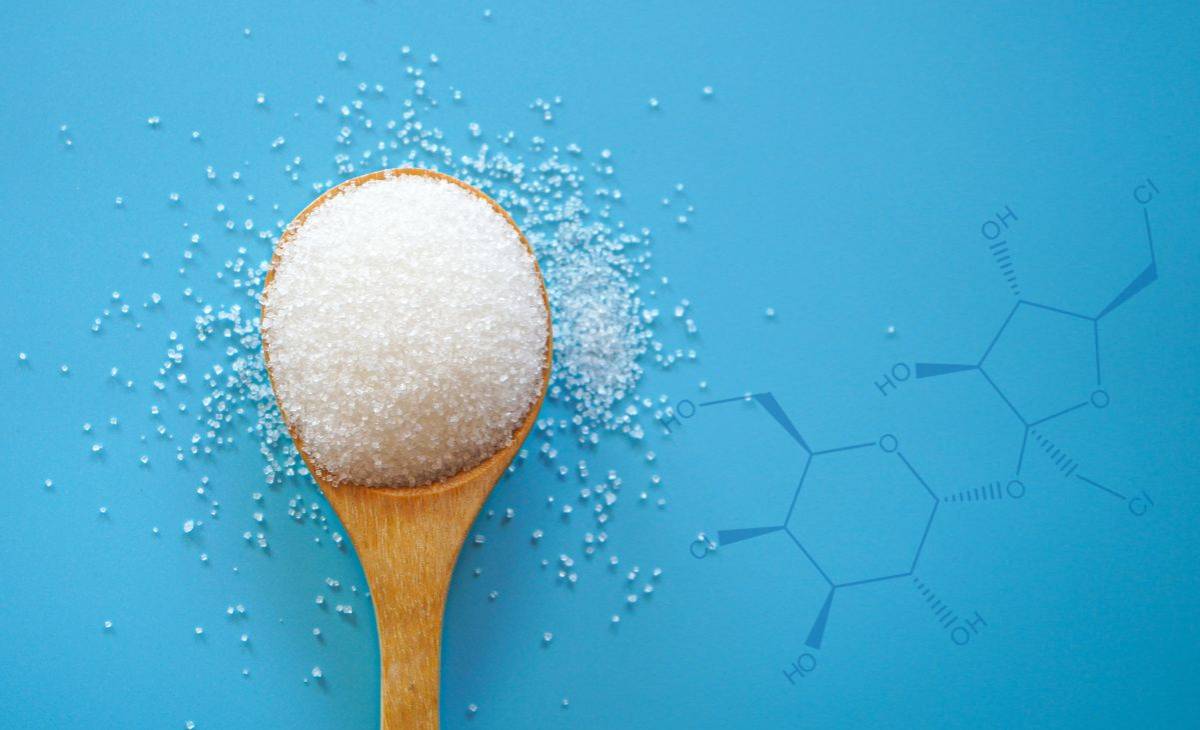Genotoxic chemical found in common artificial sweetener
A study recently published by a group of researchers from the University of North Carolina warns about possible genotoxic effect related to sucralose, a widely used artificial sweeteners commonly known as Splenda®.
According to the study, sucralose, when metabolized, produces a genotoxic compound, called sucralose-6-acetate, which exceeds safe toxicological thresholds and can cause genotoxicity and ‘leaky gut’. Some traces of this dangerous compound were also found in the sweetener itself (before it is consumed and metabolized), raising concerns about this product and how it may contribute to health issues.
Previous work by the same authors established that several fat-soluble compounds are produced in the gut after sucralose ingestion. One of these compounds is sucralose-6-acetate.
The study's corresponding author, Susan Schiffman, who is also an adjunct at North Carolina State University and the University of North Carolina, stated that their research suggests that the small amounts of sucralose-6-acetate found in a single, daily drink sweetened with sucralose exceed the European Food Safety Authority's toxicological concern threshold of 0.15 micrograms per person per day (threshold set for all genotoxic substances). She also pointed out that the study's findings do not account for the amount of sucralose-6-acetate produced as metabolites after consumption.
The authors of the study conducted a series of in vitro experiments exposing human blood cells to sucralose-6-acetate and monitoring for markers of genotoxicity.
Since other studies found that sucralose can adversely affect gut health, the researchers also conducted in vitro tests exposing human gut epithelial tissues to sucralose and sucralose-6-acetate, and found that both chemicals make the wall of the gut more permeable (condition known as “leaky gut”).
The genetic activity of the gut cells was also studied to see how they responded to the presence of sucralose-6-acetate. It turned out that they had increased activity in genes related to oxidative stress, inflammation, and carcinogenicity.
The authors believe that this raises several concerns about the potential health effects of sucralose and its metabolites, and thus it is necessary to reevaluate the safety and regulatory status of sucralose, as the evidence indicates that it carries significant risks.
Source:






















